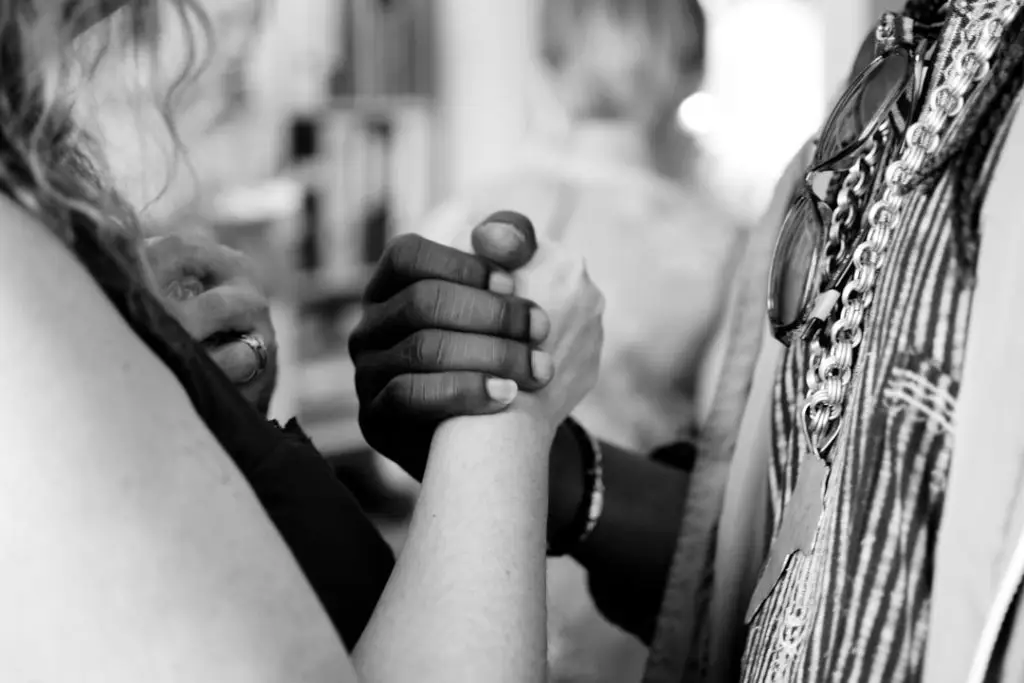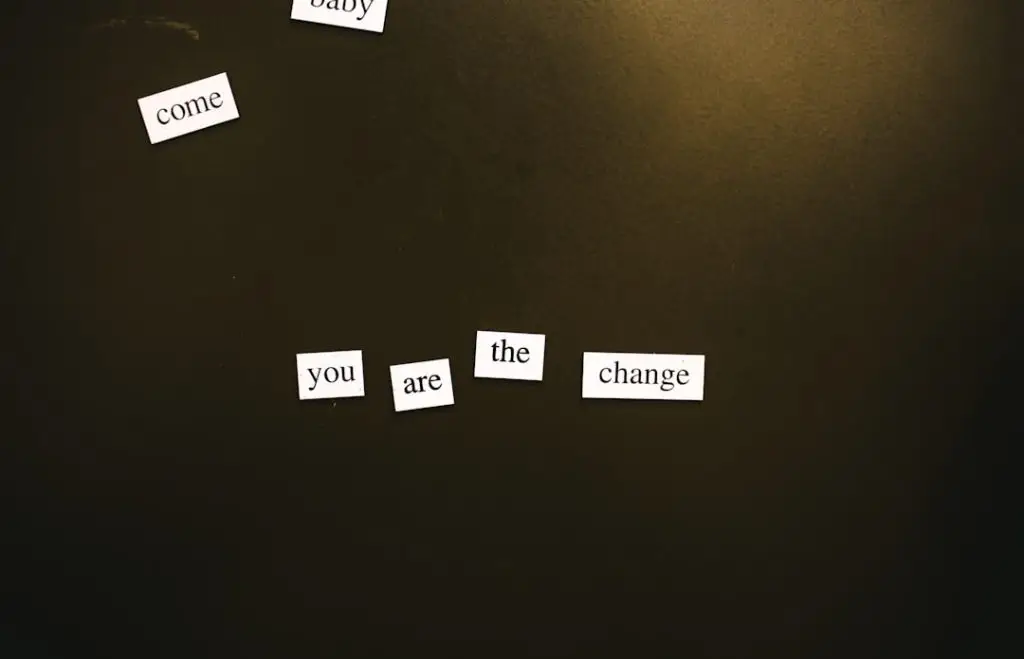Can Non-Christians Heal Nations?
Exploring the Potential for Unity
In today’s world, the question of whether non-Christians can contribute positively to society is more relevant than ever. The belief that only Christians can do good often creates divisions. However, what if we could work together, regardless of faith, to heal nations? This blog post will explore the incredible potential for believers and non-believers to unite for the greater good.

Photo by Aarón Blanco Tejedor on Unsplash
The Misconceptions in the Church
Many in the church hold the view that non-Christians are incapable of doing anything good. This idea is deeply rooted in certain doctrines and often perpetuated through evangelistic teachings. It’s a perspective that can hinder collaboration and foster division rather than unity.
Reflecting on the teachings from Bible College, many students are taught that the unregenerate can only do evil. This belief may not be explicitly stated but seeps into the attitudes of believers, leading to a misunderstanding of the capabilities of all people. This misconception can be detrimental, as it overlooks the good that non-believers can contribute to society.

Photo by Patrick Fore on Unsplash
Recognizing the Good in All People
When we acknowledge that everyone is created in the image of God, our perspective shifts. We can celebrate goodness wherever we find it, rather than dividing people into categories of righteous and unrighteous. This celebration of goodness can help bridge the gap between believers and non-believers.
Consider the advertisements promoting suicide hotlines, which affirm the value of every life. These messages stand in stark contrast to the notion of offering euthanasia to those who are depressed. Such affirmations of life reflect a recognition of the divine image in every person, regardless of their beliefs.

Photo by Ian Schneider on Unsplash
Complexity of Human Nature
Humans are complex beings, capable of both good and brokenness. For instance, a touching moment on a televised talent show featured a father and his adopted disabled daughter. Despite the father’s homosexuality, his love and support for his daughter were evident and beautiful. This is a moment worth celebrating, not condemning.
When Christians respond with disapproval to such stories, they risk alienating those who witness acts of love and compassion. Instead, we should embrace these moments and recognize the beauty in them. This approach fosters compassion and understanding, allowing us to see the brokenness in others while celebrating their goodness.

Photo by Guillermo Diaz on Unsplash
Transforming the World through Celebration
Transforming the world begins with recognizing and celebrating the good in people, regardless of their faith. This strategy can be especially effective in discipling nations, teaching them the values of the kingdom of God. By focusing on what is good and beautiful, we can encourage positive change.
Rather than condemning others for their shortcomings, we should guide them toward recognizing their own brokenness. For instance, when discussing the dangers of bitterness and unforgiveness, we can help individuals see the harm these attitudes cause. This realization often leads to genuine change and healing.

Photo by Kalei de Leon on Unsplash
Teaching Biblical Principles
The teaching of biblical principles can occur without the necessity of directly acknowledging Jesus. When non-believers adopt and live out these principles, they contribute to healing the world. This notion is illustrated in Luke chapter 9, where Jesus’ disciples wanted to stop a man casting out demons in His name simply because he was not one of them. Jesus’ response highlighted that anyone not against them was for them, emphasizing a broader understanding of goodwill.
This story serves as a reminder that when people operate under the values of Christ’s kingdom, they can bring about positive change. The man casting out demons was not doing so for personal gain; he genuinely sought to help others in need. This motivation aligns with the principles of the kingdom, showcasing that non-believers can indeed contribute to healing nations.

Photo by Katherine Hanlon on Unsplash
A Message of Hope
The idea that non-Christians can heal nations is a hopeful message. It challenges the narrative that only believers can do good in the world. By recognizing and supporting those who operate under the principles of Christ’s kingdom, we can create a better world for everyone.
Consider the ten lepers who were healed but did not return to thank Jesus. Their healing still had the potential to inspire them to heal others. This example illustrates that even when individuals do not acknowledge Jesus, they can still embody the values of His kingdom and contribute positively to society.

Photo by Tim Mossholder on Unsplash
Conclusion
In conclusion, the potential for believers and non-believers to work together is vast. By shifting our perspective and celebrating goodness wherever we find it, we can transform our communities and heal nations. Let us embrace the complexities of human nature and foster compassion, understanding, and collaboration for a better world.
What are your thoughts on this topic? How can we work together to promote healing and unity? Please share your ideas in the comments below!

Photo by Mimi Thian on Unsplash


